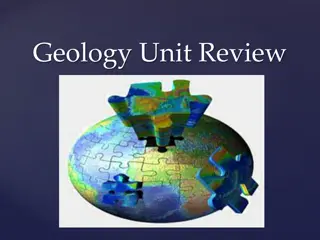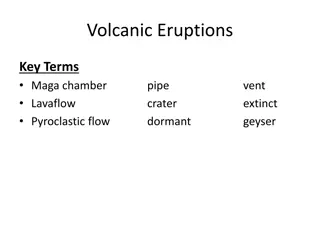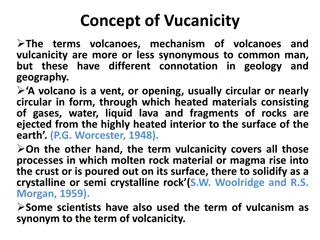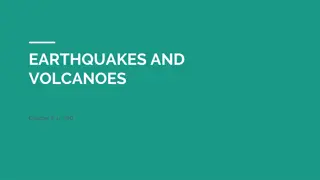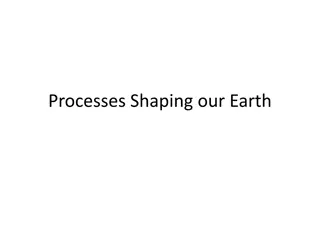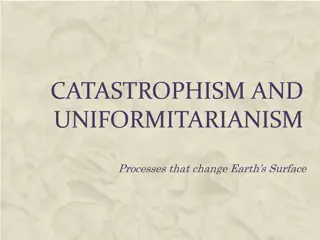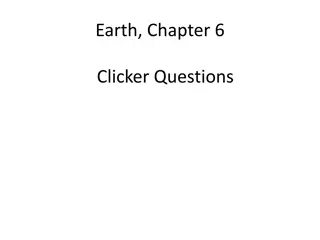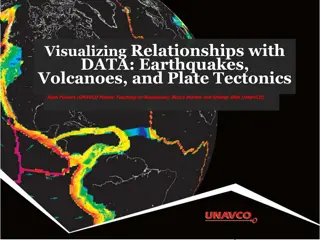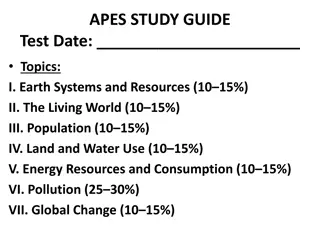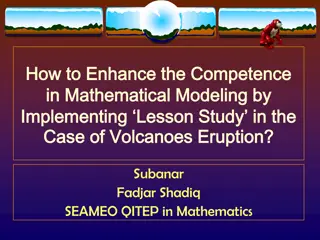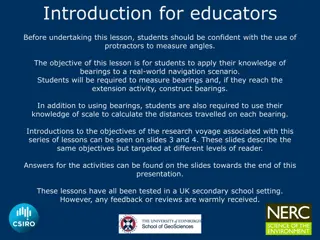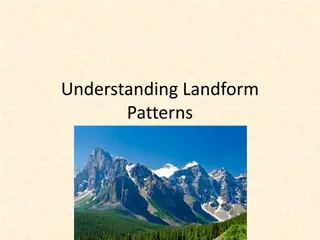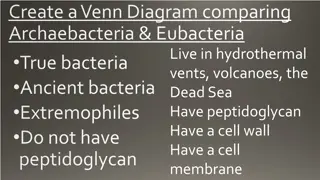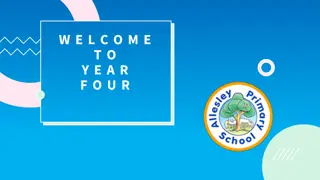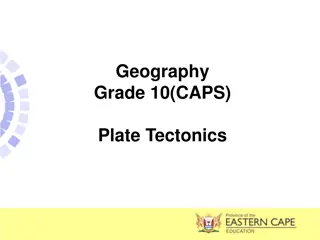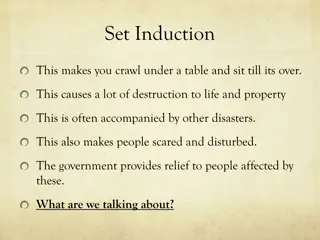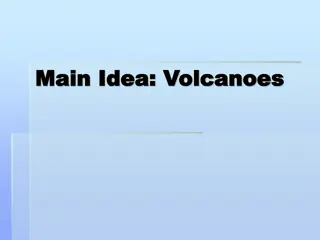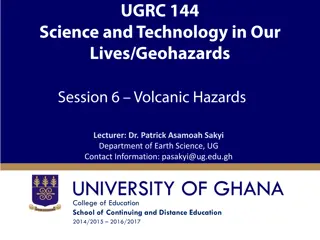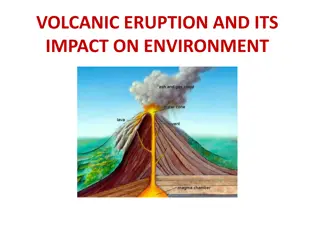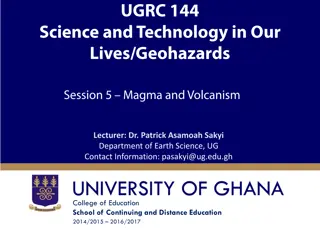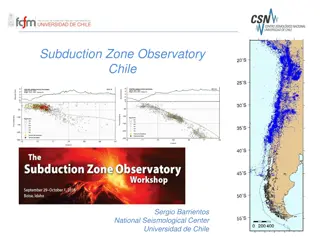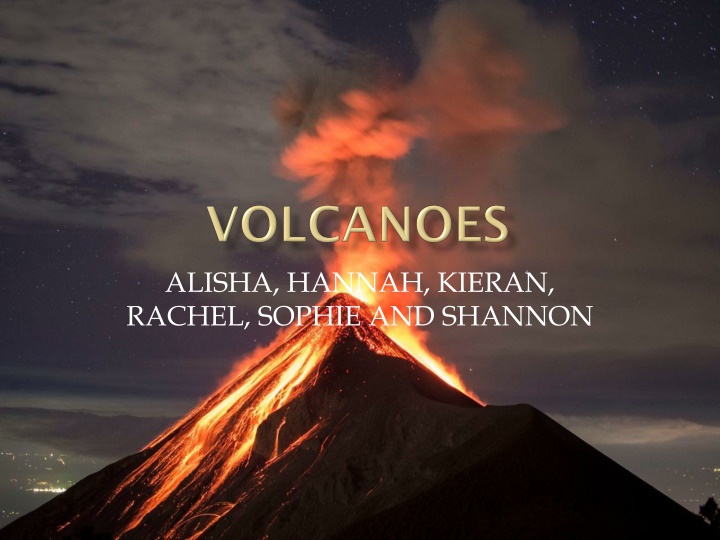
Volcanoes and Their Impact
Explore the fascinating world of volcanoes and learn about their formation, eruption process, and significance. Discover how scientists study volcanoes, the history of famous eruptions like Mount Vesuvius, and the importance of staying vigilant in areas near active volcanoes.
Download Presentation

Please find below an Image/Link to download the presentation.
The content on the website is provided AS IS for your information and personal use only. It may not be sold, licensed, or shared on other websites without obtaining consent from the author. If you encounter any issues during the download, it is possible that the publisher has removed the file from their server.
You are allowed to download the files provided on this website for personal or commercial use, subject to the condition that they are used lawfully. All files are the property of their respective owners.
The content on the website is provided AS IS for your information and personal use only. It may not be sold, licensed, or shared on other websites without obtaining consent from the author.
E N D
Presentation Transcript
ALISHA, HANNAH, KIERAN, RACHEL, SOPHIE AND SHANNON
At the end of today's lesson you will be able to describe what a volcano is. At the end of today s lesson you will be able to give a cause and effect of a volcano.
A Volcano is an opening on the surface of a planet or moon that allows material warmer than it s surroundings to escape from its interior. When this material escapes, it causes an eruption. On earth the erupted material can be liquid rock ( lava ) when it s on the surface. It is called magma when it is underground, ash, cinders and gas. Magma can rise when pieces of earth s crust can be forced deep into it s interior. This high heat and pressure causes the crust to melt and rise as magma.
The word Volcano comes from the Roman name Vulcan - The roman god of fire. 350 million, or one in 20 people in the world live within danger range of an active volcano.
The earths crust is made up of massive slabs called Plates , which fit together like a jigsaw puzzle. The plates can move. When two plates collide, one section glides on top of the other, the one beneath is pushed down. Magma is squeezed up between these two plates.
There is a red-hot liquid rock in the earths core called magma. Volcanoes occur when the magma rises to the surface of the earth, causing bubbles of gas to appear in it. This gas can cause pressure to build up in the mountain, and it eventually explodes. When the magma bursts out of the earth, it is called lava.
Scientists who specialize in volcanoes are called volcanologists. They are getting better at predicting volcanoes. The most reliable method is listening to the rumbles inside a grumbling mountain. They also look at the changing in the gases which come out of volcanic mountains, the angle of the slopes and the behavior of the animals in the area. Animals are able to detect when an eruption is coming become agitated and worried.
Mount Vesuvius most famous eruption took place in the year 79 A.D., when the volcano buried the ancient Roman city of Pompeii under a thick carpet of volcanic ash. Around 2000 people died due to the volcano and the city remained abandoned for as many years. The city was discovered in 1748 city was remarkably intact. Approximately 2.5 million visit Pompeii per annum.
https://www.youtube.com/watch?v=K7Oq9_ DU1Mc&authuser=0
I can describe the physical processes of a natural disaster and discuss its impact on people and the landscape SOC 2-07b By exploring a natural environment different from my own, I can discover how the physical features influence the variety of living things SOC 1-12b I can explain how the physical environment influences the ways in which people use land by comparing my local area with a contrasting are. SOC 2-13a
THANKS FOR LISTENING! CAN EVERYONE HOLD UP A FIST OF FIVE TO SAY IF THEY ENJOYED LEARNING ABOUT VOLCANOES.

